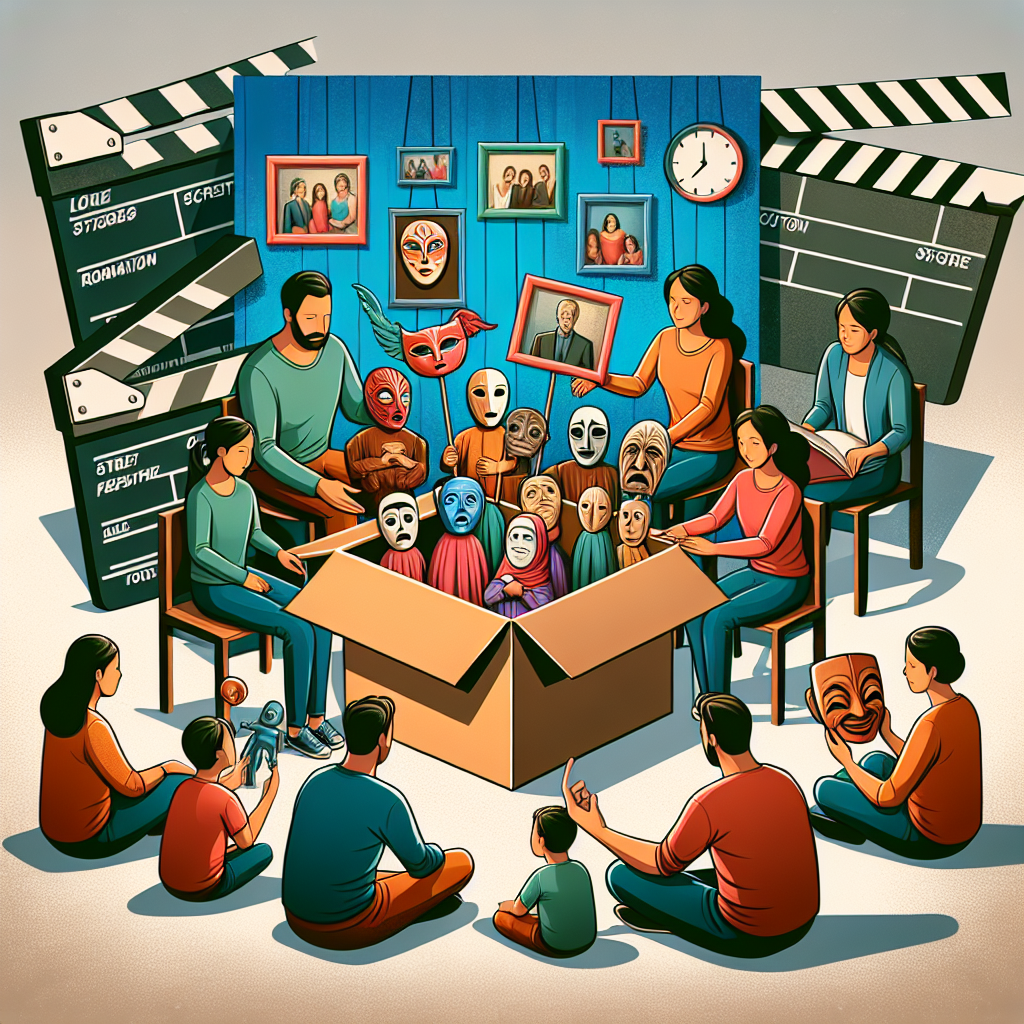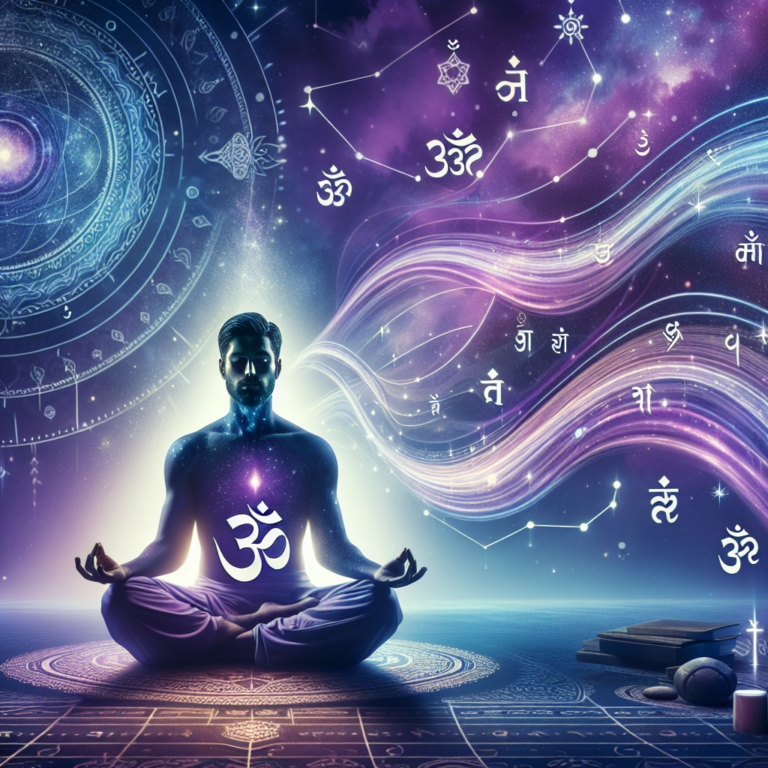Behind the Scenes of Family Karma: Unpacking Relationships and Representations
"Family Karma," a reality television show that premiered on Bravo in March 2020, has captured the hearts of audiences by offering a glimpse into the lives of a group of Indian-American friends living in Miami. It stands out not only for its unique premise but also for its focus on the cultural intricacies of the South Asian community in the United States. As the series navigates a mix of familial relationships, friendships, and cultural expectations, it also offers a broader commentary on identity, representation, and the significance of community. This article delves deeper into the relationships portrayed in the show and the representations of South Asian culture, and it aims to unpack the complexity behind the scenes.
A Look at the Cast
At the heart of "Family Karma" is its vibrant cast, made up of various personalities, each contributing their own stories and perspectives. The main cast includes the likes of Vishal Parvani, Amrit Kapai, and Brian Benni, along with their families who provide insight into generational dynamics and cultural norms. The way these individuals interact reflects both personal experiences and broader societal themes, making their stories relatable to a diverse audience.
Vishal, for instance, navigates the complexities of his South Asian identity while managing romantic relationships, illustrating the tension between traditional expectations and modern realities. On the other hand, Amrit’s storyline tackles topics of sexuality within the Indian community, demonstrating how cultural heritage can impact personal choices. These personal narratives not only engage viewers but also spark important conversations about identity, acceptance, and the challenges of reconciling conflicting cultural values.
Themes of Family and Tradition
One of the most prominent themes in "Family Karma" is the significance of family and the traditions that shape interpersonal relationships. Each character embodies the tension between adhering to traditional values and embracing contemporary lifestyles. The show provides a multifaceted view of family dynamics, showcasing the unwavering support families offer one another, while also highlighting conflicts that arise from differing expectations.
The concept of arranged marriages is often explored, with characters reflecting on the expectations placed on them by their families. Through the lens of comedic moments and heartfelt conversations, viewers are invited to understand the cultural significance of these traditions, even as some characters push back against them. For many viewers, particularly those from South Asian backgrounds, these narratives resonate deeply as they navigate their own relationships with familial expectations.
Friendships and Support Systems
In addition to familial relationships, "Family Karma" shines a light on the friendships within the cast. The bond between friends serves as a refuge—a supportive space where characters can share their dreams, disappointments, and secrets. These friendships are often tested by misunderstandings, jealousy, and conflicts, all of which are integral to any close-knit community, be it cultural or personal.
The candid discussions between friends often bring to the surface uncomfortable truths, allowing for growth and understanding. As characters confront their feelings, viewers witness the evolution of relationships and the importance of honesty in maintaining friendships. This portrayal reflects a universal truth: friendships can be as complex and rewarding as family ties, and navigating these relationships often involves emotional labor.
The Art of Representation
"Family Karma" is groundbreaking not just in its content, but also in its representation of South Asian culture. It takes a nuanced approach, portraying diverse perspectives within the community. The cast reflects a range of experiences, socio-economic backgrounds, and lifestyles, which is crucial in challenging stereotypes often seen in mainstream media.
The series also explores modern adaptation versus cultural preservation. The characters embody a blend of traditional Indian values and contemporary America, often discussing how they navigate generational gaps within their families. This representation fosters a greater understanding of the complexities of contemporary South Asian identity, moving beyond simplistic views of what it means to be Indian-American.
Moreover, "Family Karma" provides visibility for LGBTQ+ individuals in South Asian communities—an aspect often overlooked in mainstream reality shows. By embracing authentic storytelling, the show challenges long-held notions about sexuality, promoting a narrative of acceptance that resonates with many viewers.
Behind the Cameras: Production and Filming
The success of "Family Karma" can also be attributed to its production. Behind the scenes, producers have worked diligently to create an environment that feels authentic rather than scripted. This authenticity is critical to how the cast’s relationships unfold on screen. The producers’ commitment to accurately representing the intricate dynamics within the South Asian community ensures that the show remains relatable and respectful.
Additionally, casting played a pivotal role in the development of the show. Selecting individuals who reflect a broad spectrum of experiences and personalities allowed for a rich tapestry of narratives to emerge. As a result, viewers see genuine interactions that feel spontaneous and unscripted, enhancing the overall viewing experience.
The Audience Reaction
The reception of "Family Karma" has been overwhelmingly positive, with audiences praising its cultural representation and relatability. Social media buzz around the show often centers on not only the drama but also the authenticity of the relationships depicted. Fans appreciate the blend of humor and heart, which mirrors their own experiences within their communities. Additionally, discussions about the show extend beyond entertainment; viewers engage in conversations about cultural identity and the pressures of conformity.
As the first reality show featuring a predominantly South Asian cast, "Family Karma" has ushered in a shift in how Asian narratives are portrayed in mainstream media. It has opened the door for more stories yet to be told, inspiring future creators to explore cultural themes with sensitivity and depth.
FAQs About "Family Karma"
Q: What is "Family Karma" about?
A: "Family Karma" is a reality television series that follows a group of Indian-American friends living in Miami, exploring their relationships, cultural dynamics, and the challenges they face in reconciling their heritage with modern life.
Q: Who are the main cast members of "Family Karma"?
A: The main cast includes Vishal Parvani, Amrit Kapai, Brian Benni, among others. Each cast member brings unique experiences and perspectives, contributing to the show’s themes of family, friendship, and cultural identity.
Q: Why is "Family Karma" significant?
A: "Family Karma" is significant because it is one of the first reality shows featuring a predominantly South Asian cast, providing representation and showcasing the complexities of Indian-American life.
Q: How does the show address cultural issues?
A: The show addresses cultural issues by exploring themes like arranged marriages, generational differences, and the challenges of balancing tradition with contemporary lifestyles, fostering conversations around identity and acceptance.
Q: What makes "Family Karma" stand out from other reality shows?
A: "Family Karma" stands out due to its authentic portrayal of relationships within the South Asian community, its focus on cultural nuances, and its ability to tackle serious themes while maintaining a lighthearted approach.
In summary, "Family Karma" not only entertains but also educates its audience about the intricacies of family dynamics, friendship, and cultural identity. As conversations around representation continue to evolve, the show offers a valuable framework for understanding and appreciating the richness of diverse narratives.
Sure! What kind of prompt are you looking for? It could be a writing prompt, a discussion question, a creative challenge, or something else entirely. Let me know your preferences!, #Scenes #Family #Karma #Unpacking #Relationships #Representations, #Scenes #Family #Karma #Unpacking #Relationships #Representations, 1736181949, behind-the-scenes-of-family-karma-unpacking-relationships-and-representations





